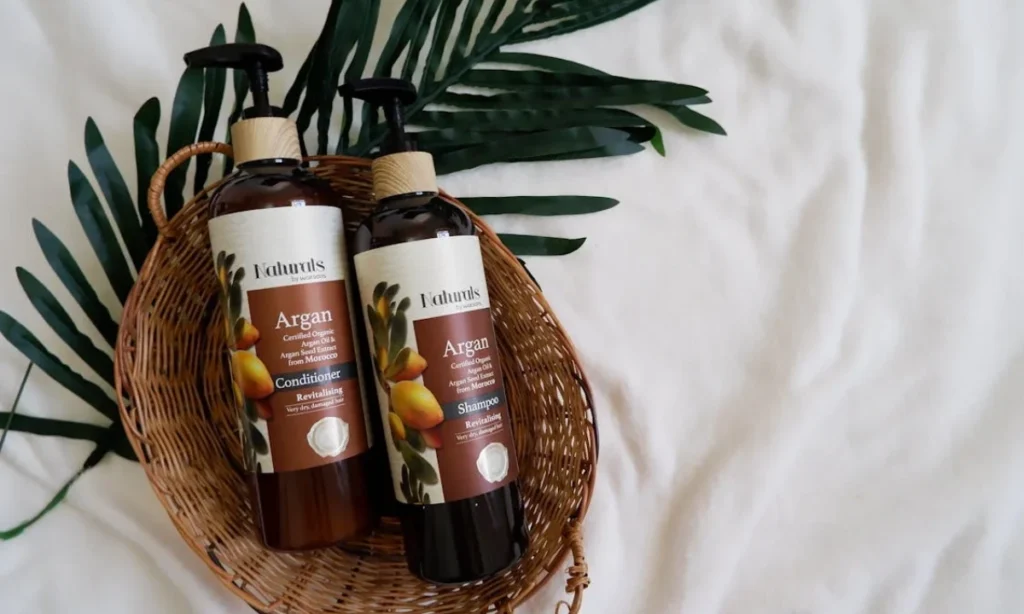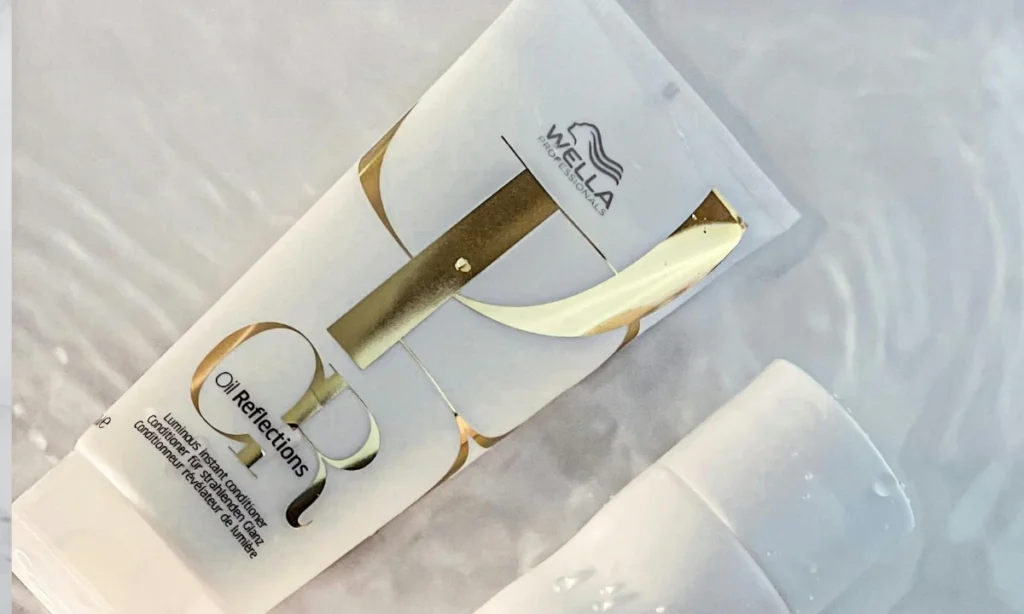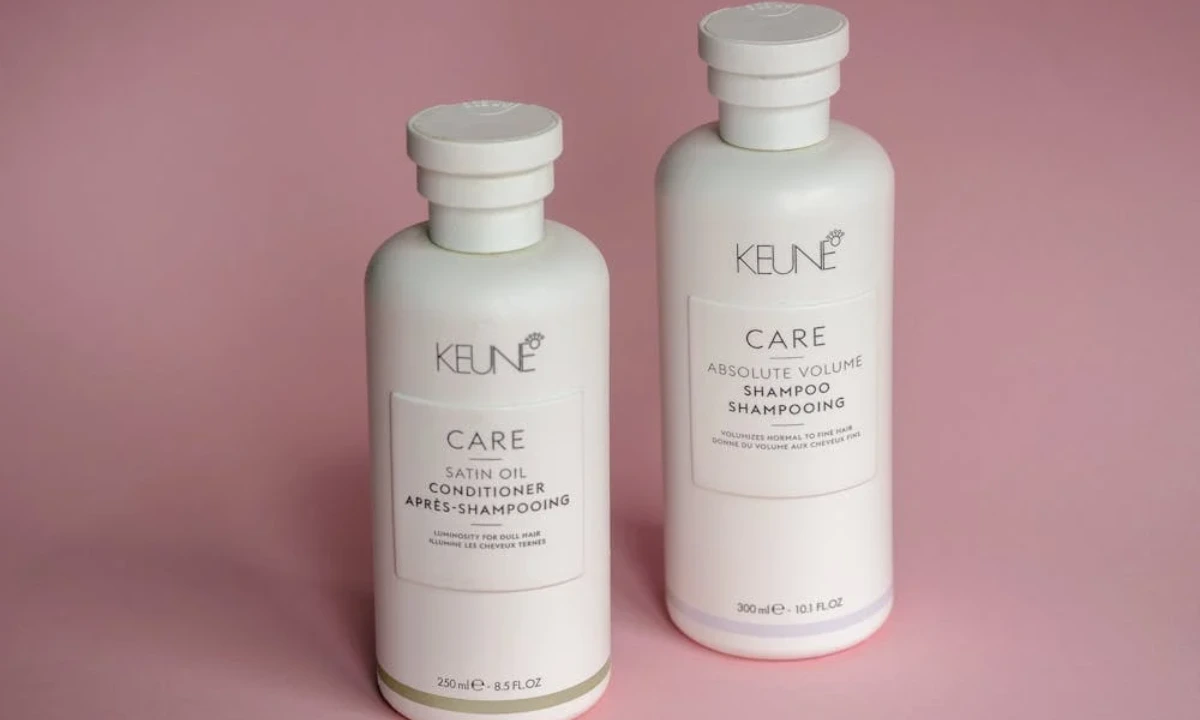Are hair conditioners bad for you? 5 facts about their health effects, benefits, and potential risks to help you stay informed and comfortable.
Introduction
As hair conditioners find their way into many people’s hair care regimen some basic questions crop up as to whether they are good for you or if there could be some negative outcomes of using them. This article overviews the scientific facts and misconceptions about hair conditioners so as to enlighten the public.
What Are Hair Conditioners?

Hair conditioners are products purposed for enhancing the feeling, look, and grip of hair. They often contain a mix of ingredients such as emollients, humectants, proteins, and silicones, which work together to:
- Smooth the hair cuticle.
- Reduce frizz
- Detangle hair
- Provide moisture and shine.
Are air conditioners bad for you? 5 Facts Unveiled
To answer the second question briefly, hair conditioners are not bad for you generally or necessarily. However, they can be heavily effective depending on the formulation of the product, the type of hair one has, and how they apply the products.
Potential Issues
Build-Up:
When conditioner is used to wash hair, silicones are left behind and build up on the hair’s surface, clogging the scalp’s pores. Some of them could give the impression that hair is flat or even that it hasn’t been washed in a while.
Allergic Reactions:
Preservatives and perfumes are two prominent causes of allergic reactions to some of the ingredients in cosmetics.
Wrong Formulation for Hair Type:
When you use a conditioner that does not match your hair, you may end up with problems such as oily hair or dry hair.
Environmental Impact:
Some substances depend on non-biodegradable silicones that are hazardous when not adequately disposed of.
- How to Cancel My Planet Fitness Membership in 2025
- How many calories should I eat to lose weight?
- How many mental health professionals are in the US?
- Skin Care During Winter: 7 Essential Tips to Keep Your Skin Healthy
- How did Elon Musk lose weight so fast? 5 Secrets – You Won’t Believe What He Did!
- How Does Weight Loss Affect Your Face? 6 Unexpected Effects
- Does Baking Soda Kill Dandruff? 5 Proven Methods Explained
- Which Yoga Is Best for Beginners? 6 Easy Poses to Start With
- Are Exercise Bikes Bad for Your Knees? Experts Reveal 3 Insights
- Are Workout Apps Worth It? 5 Unexpected Benefits Revealed
Tips for Using Hair Conditioners Effectively
It’s very important, especially for those with hair that is susceptible to getting easily damaged. Decide how to use conditioners in the most efficient way possible.
Choose the Right Product: Choose a conditioner that meets your hair type and any issues you may have. For example, the lighter condition provides the fine hair type, and the intensive condition is more suitable for the hair that is dry or damaged.
Don’t Overuse: Always use a conditioner on the middle to the tips of your hair; do not use it on the scalp unless the conditioner is specially formulated for this part of the body.
Rinse Thoroughly: Always wash your hair without leaving any traces of the conditioner for a possibility of build-up.
Check Ingredients: For instance, if you’re skin is sensitive or if you have an allergy, it’s best to go for hypoallergenic or products with low fragrance.
Benefits of Hair Conditioners

When used correctly, hair conditioners can:
- Restore moisture to dry hair.
- Pamper hair by minimizing the breakage.
- To prevent damaging effects on the environment.
Conclusion
Hair conditioners are not generally detrimental to your health, rather they are great products that can transform your hair into a healthy mass. It is thus important to use the right product for your skin, apply it correctly, and avoid any of the sensitization types if any. Thus, conditioners should not be regarded as an evil necessary for hair; with the proper approach to their usage, they will become helpful.
FAQs
1. Is it safe to use a conditioner daily?
Yes, it is advisable to use a conditioner daily if your hair can endure it. Yet, pay attention to the middle and end sections of the hair and avoid unnecessary conditioning, as it renders build-up or oiliness.
2. What’s the difference between a regular conditioner and a deep conditioner?
In simple terms, a normal conditioner is generally used weekly whereas a deep conditioner should be used far less often, maybe once a month.
Essential conditioners give daily treatment for detangling nourishing, while intensive conditioners add deep care for the hair treatment of dry or damaged hair. Deep conditioners should be applied once a week or as needed.
3. Which of the natural conditioners are more preferable to synthetic conditioners?
Organic conditioners might be better on the hair but they may not act or work like synthetic conditioners. The best should therefore be determined by the type of hair you have, your hair requirements, and your inclination.

